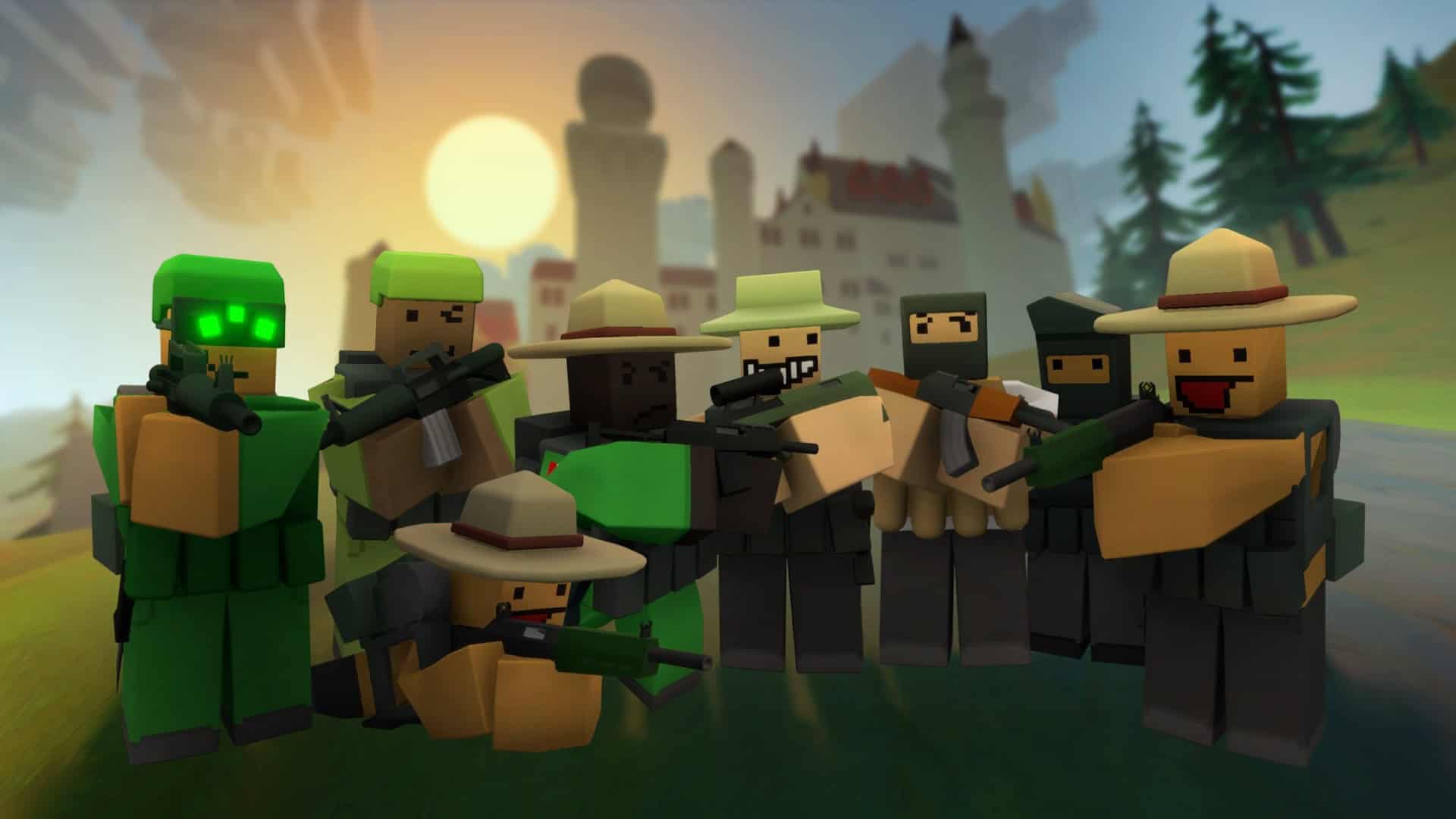Unturned is a popular sandbox game that offers a variety of ways to play with friends, whether you’re setting up your own server, joining a friend’s game, or playing over a local network. This guide will walk you through each method step-by-step, ensuring you and your friends can enjoy the game together without any hassle.
Key Takeaways
- Setting up a dedicated server using SteamCMD is the recommended method for hosting Unturned multiplayer games, offering better control and stability.
- Joining a friend’s game can be easily done through the Steam Friends List or by using a server code, which helps in avoiding complex configurations like port forwarding.
- Playing on a local network requires creating a LAN server, which can simplify the multiplayer experience, especially when dealing with potential internet connectivity issues.
Setting Up a Dedicated Server
Installing SteamCMD
To get started with your Unturned dedicated server, you’ll need to install SteamCMD. This tool is essential for downloading and updating the server files. Follow these steps:
- Download SteamCMD from the official Valve website.
- Extract the contents to a directory of your choice.
- Run
steamcmd.exeto start the installation process. - Once SteamCMD is running, type
login anonymousto log in without a Steam account. - Use the command
app_update 1110390to download the Unturned Dedicated Server files.
Configuring the Server
After installing SteamCMD and downloading the server files, it’s time to configure your server. Navigate to the directory where the server files are located and follow these steps:
- Create a new text file named
Commands.dat. - Add the necessary server commands to this file, such as server name, map, and max players.
- Save and close the file.
- Run the server by executing
Unturned.exe -batchmode -nographics +InternetServer/MyServer.
Port Forwarding
To allow your friends to join your server, you’ll need to set up port forwarding on your router. Here’s a general guide:
- Access your router’s settings through a web browser.
- Locate the Port Forwarding section.
- Create a new rule with the following settings:
- Name: Unturned Server
- Start Port: 27015
- End Port: 27016
- Protocol: UDP
- Internal IP Address: Your computer’s local IP address
- Save the new rule and restart your router if necessary.
Note: Each Unturned server uses two consecutive ports. The first is for server list queries, and the second is for in-game traffic. Make sure to forward both ports correctly.
By following these steps, you’ll have your dedicated Unturned server up and running, ready for you and your friends to enjoy.
Joining a Friend’s Game
Playing Unturned with friends can be a blast, and there are several ways to join a friend’s game. Whether you’re using the Steam Friends List, connecting via a server code, or joining public servers, the process is straightforward. Below are the steps for each method.
Playing on Local Network
Playing Unturned on a local network isn’t that much different from creating a global server. There are only a few notable differences in the steps required to create a local server. Here’s what you’ll need to do:
Conclusion
Playing Unturned with friends can be a highly rewarding experience, offering countless hours of cooperative gameplay and adventure. By following the steps outlined in this guide, you can easily set up a server, invite your friends, and start exploring the vast world of Unturned together. Whether you choose to host a server using SteamCMD or through your Steam Library, the process is straightforward and accessible. Additionally, understanding the nuances of port forwarding and server codes will ensure a smooth and secure multiplayer experience. With these tools and tips at your disposal, you are well-equipped to enjoy Unturned with your friends to the fullest.
